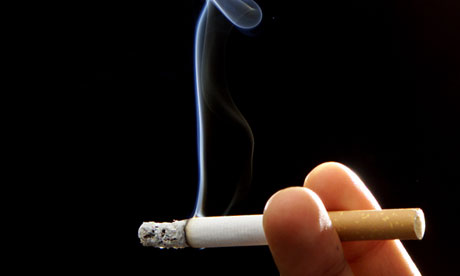
Many men are leaving their wellbeing to chance, sometimes with "shattering consequences", according to research that suggests they are far less willing than women to access NHS services.
A study by the National Pharmacy Association (NPA) has found that men are much less likely than women to take advantage of primary care services, including community pharmacies. They are also unwilling to consult a pharmacist face-to-face or seek treatment when sick.
Men visit their GP four times a year compared to six times for women, according to the NPA. On average they visit a pharmacy four times a year compared with 18 for women. More men than women admit that their understanding of medicines is poor, and they are twice as likely to take a new prescription medicine without first reading the patient information leaflet or seeking professional advice.
The review also found that nearly nine in ten men do not like to trouble a doctor or pharmacist unless they have a serious problem. As a result, men are less likely to access disease screening or seek professional support for healthy-living initiatives such as stop smoking schemes. In the three months to June 2012, 10,000 more women than men in England set a date to quit smoking, the NPA found.
"Our review shows that men aren't taking full advantage of the support to maintain good health which is available free of charge on their doorsteps," said Mike Holden, chief executive of the NPA. "Men tend to be driven by what they see as their immediate healthcare needs, and focus rather less on long-term wellbeing."
The review, compiled to coincide with the start of Ask Your Pharmacist Week, suggests men's reluctance to consult health experts will have wide-ranging implications for the nation's health in the future because a number of treatable conditions will go unaddressed. By 2015, 36% of men are likely to be obese compared with 28% of women. Alcohol disorders are also twice as common in men.
The NPA suggested employment patterns could have a bearing on men's attitudes to health services. Men are twice as likely as women to have a full-time job and are more than three times more likely to work over 45 hours per week, making getting to a surgery or pharmacy more difficult.

